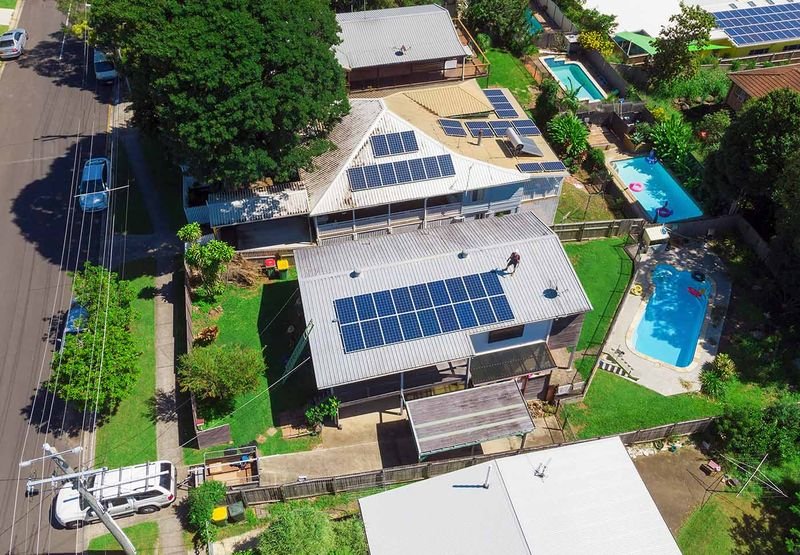'Modesty rules' - door opens to split household energy bills but not retail competition for households or small business
The vital change that could unlock the potential of consumer energy resources is missing from the Australian Energy Markets Commission’s suggested rule change.Every household with solar on their roof knows that it lowers their electricity bills. What they don’t necessarily know is that they could also be lowering their bills by having a smart energy company automating the operation of their air conditioning or their pool pump or all their flexible loads through a Home Energy Management System.
Each large electrical device (known as distributed energy resources, or DER, or consumer energy resources, or CER) has the potential to be managed separately or together through smart IT. Then, these managed devices have the potential to provide different kinds of energy services from generation, to storage, to ancillary services (to keep the grid stable). At the Institute for Energy Economics and Financial Analysis (IEEFA) we have called these tools on the ‘swiss army knife’ – or what economists call the ‘value stack’ of available revenue sources.
Distributed Energy Resources (DER) is the swiss army knife of the electricity system (Image: IEEFA)
Currently, the only way for households to earn revenue from their DER is via their retailer and only for a small number of these value streams. (The one small exception is a few consumers who participate in Frequency Control Ancillary Services (FCAS) markets via third-party aggregators’ Virtual Power Plant (VPP) projects.)
Consumers have to choose one provider to manage all their electricity generation and load, including solar, batteries and electric vehicles (EVs) and the market is dominated by just three big retailers. This, of course, limits competition and, potentially, innovation.
That said, Amber does have a business model that allows for spot market prices to be passed through to consumers and a number of Amber consumers have been paid to charge their EVs at times when prices are negative.
In the UK, by comparison, you can separate out your DER, signing up for different providers. While there are only one million EVs on the road in the UK, Octopus Energy recently announced they would offer free EV charging in exchange for Octopus being able to optimise the charging and discharging of the car’s battery…
This article was originally posted on Switched On - Renew Economy, on 11th March, 2024, authored by Dr Gabrielle Kuiper. Click below to view the full article.



